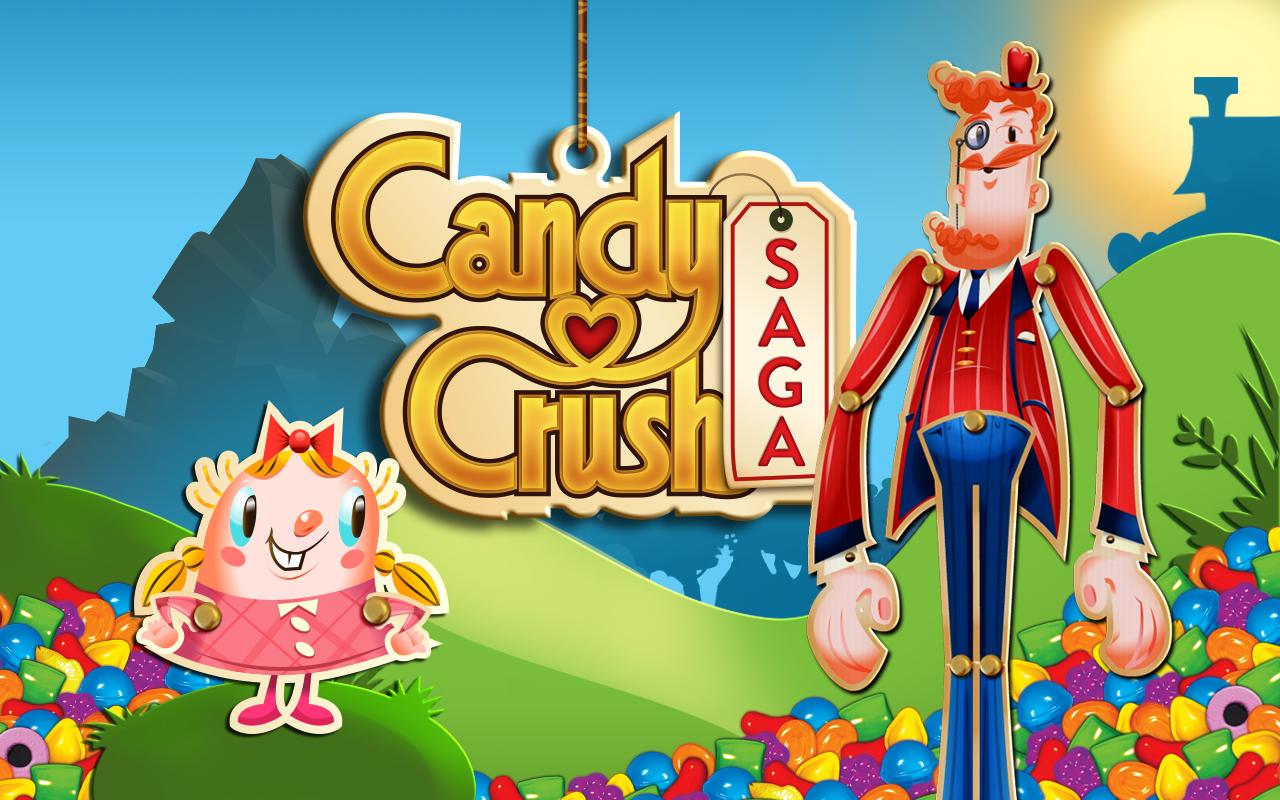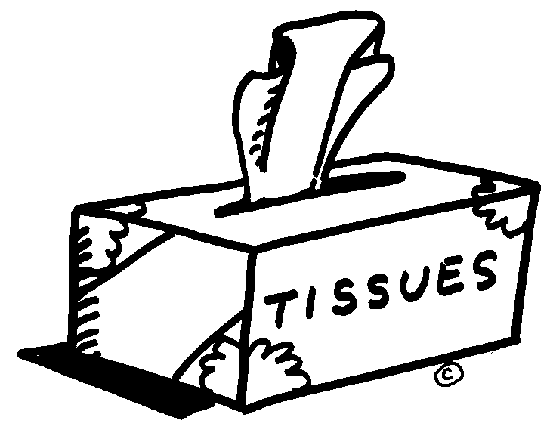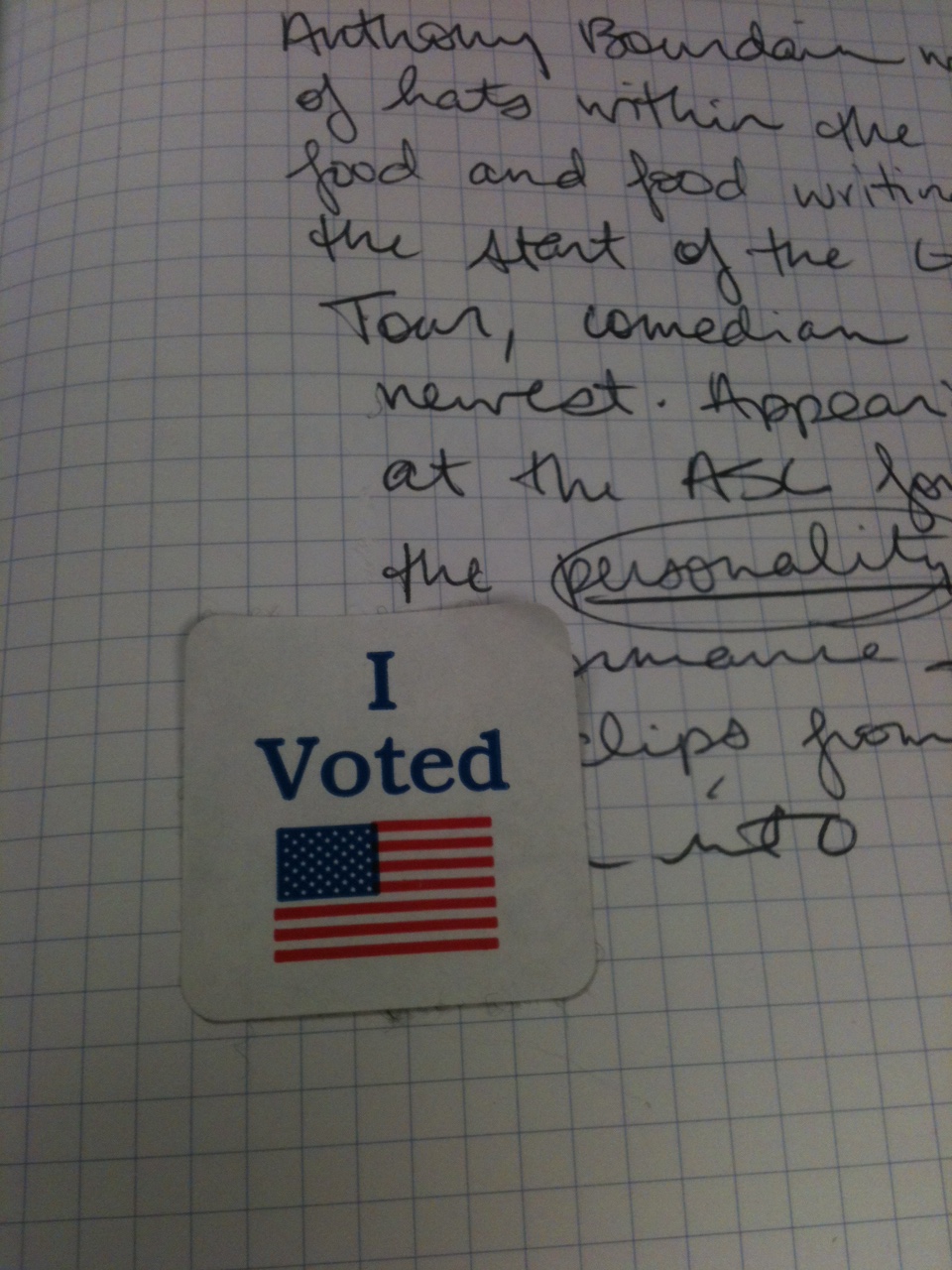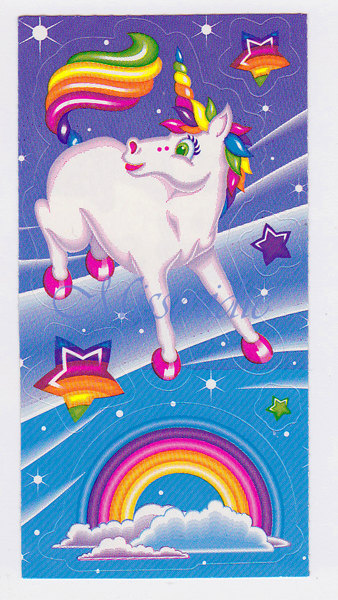 Yesterday, I deleted Candy Crush. After completing 123 levels, I had spent more time and energy on an iPhone app than anyone should. Since I never synced the app with my Facebook account, all of my "progress" is gone. Any incentive that might exist to start playing again is wiped out by the idea that I'd have to beat the same 123 levels again. Not linking with Facebook had the added incentive of not bothering my friends and family with requests and updates. Without the reinforcement of competition and an easy way to get extra lives, walking away was easier.
I wasn't stuck on a level or particularly frustrated with the game when I deleted it -- I wanted to carve out some time from being overstimulated. You see, Candy Crush was specifically engineered to be one of the most addictive games of all time. By tapping into some of our basic instincts such as pattern recognition and partial reinforcement (the idea that praise or reinforcement is just around the corner), the game creates a series of tasks that humans perform well.
Yesterday, I deleted Candy Crush. After completing 123 levels, I had spent more time and energy on an iPhone app than anyone should. Since I never synced the app with my Facebook account, all of my "progress" is gone. Any incentive that might exist to start playing again is wiped out by the idea that I'd have to beat the same 123 levels again. Not linking with Facebook had the added incentive of not bothering my friends and family with requests and updates. Without the reinforcement of competition and an easy way to get extra lives, walking away was easier.
I wasn't stuck on a level or particularly frustrated with the game when I deleted it -- I wanted to carve out some time from being overstimulated. You see, Candy Crush was specifically engineered to be one of the most addictive games of all time. By tapping into some of our basic instincts such as pattern recognition and partial reinforcement (the idea that praise or reinforcement is just around the corner), the game creates a series of tasks that humans perform well.
Unlike its earlier counterparts such as Bejeweled, this free app puts limits on the player's moves rather than time which both creates a more relaxed frame and allows players to spend more hours playing with brightly colored candies. If a player runs out of moves, a pop up option to purchase more appears. When I started playing, Adam made me promise not to spend money on it. Considering that Candy Crush's publisher makes an estimated $633,000 each day from the game, that promise was probably for the best.
I'll confess, I'm having minor withdrawals from the dopamine boosts triggered by completing in-game tasks. However, I've already checked three remaining items off this week's to do list and written a blog post. The time I would have spent playing on my phone is now going towards reading books and writing more, which will hopefully help to further advance my freelancing career.
As my schedule stands now, I don't get much time to spend with Adam or my friends and family. By eliminating a distractor from these situations, I hope to be a better, more present partner for Adam and a more attentive friend. Life is short and free time is limited. If giving up time wasting games will help me to become a more active part of my own story, count me in.




